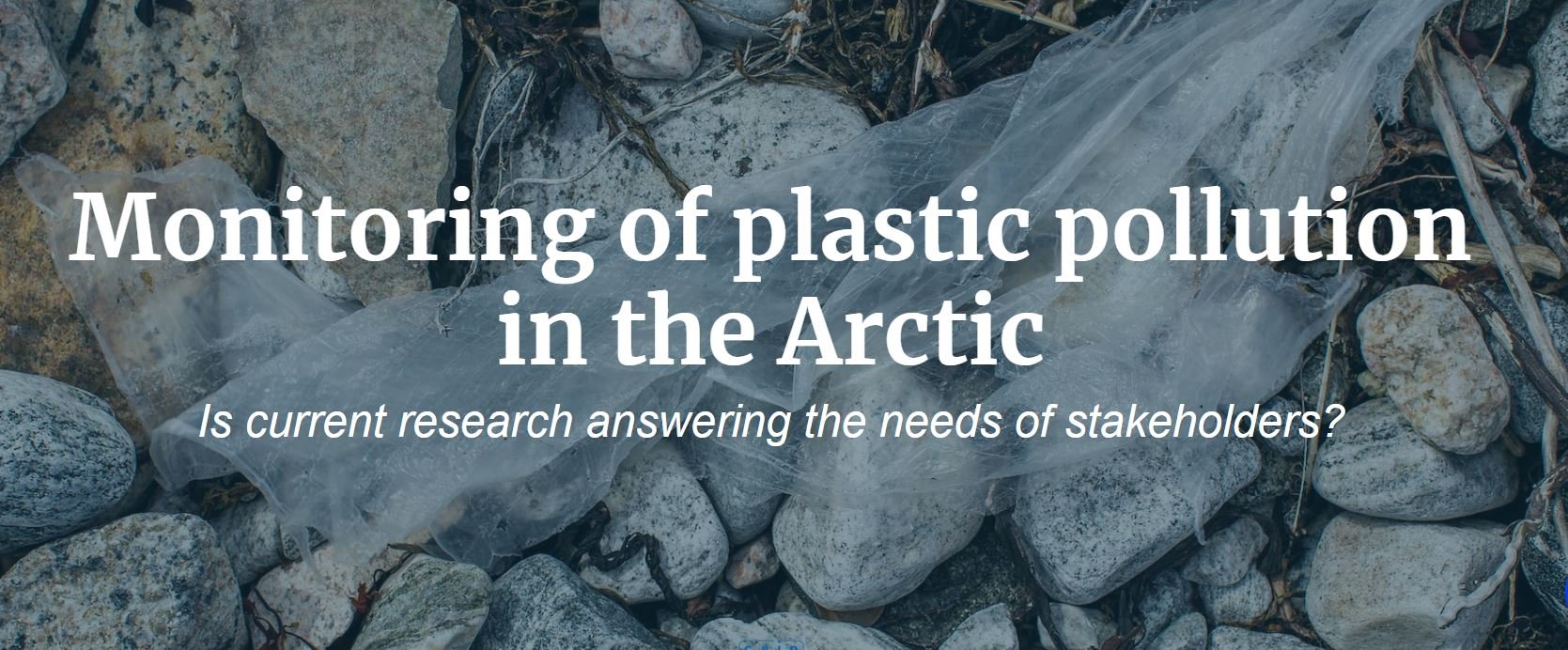PURPOSE: On 8 December 2023, the United Nations General Assembly, in its seventy-eighth session, unanimously adopted resolution 78/122 “World Cleanup Day”, which proclaims 20 September as World Cleanup Day.
FORUM: “Arctic Cities and Marine Litter.” World Cleanup Day 2024. Clean-up efforts play a vital role in sustainable development by reducing pollution, preserving natural resources, promoting a healthier environment for current and future generations. Over the years, many national, regional and local governments and communities have been undertaking clean-up activities globally. World Cleanup Day represents the reflection on their achievements. The clean-ups serve as a reminder of the collective responsibility we share in preserving and maintaining a clean and healthy environment as well as sustainable waste and resources management. Follow the conversations with the hashtags: #worldcleanupday, #cleanup, #marinelitter, #debris, #Arctic.
EVENTS: On September 20th, to mark the World CleanUp Day 2024; The United Nations General Assembly invites all Member States, organizations of the United Nations system, other international and regional organizations, and other relevant stakeholders – including civil society, the private sector and academia – to observe World Cleanup Day through activities aimed at raising awareness of the role clean-up efforts play in sustainable development. The United Nations Human Settlements Programme (UN-Habitat) facilitates the observance of the Day. This year’s theme, "Arctic Cities and Marine Litter," highlights the unique challenges faced by polar regions in combating waste pollution. Together with UN-Habitat, GRID-Arendal, and the Norwegian Retailers’ Environment Fund, we’ll explore sustainable waste management practices in extreme climates and their global impact. Tune in to witness inspiring stories of community action, innovation, and collaboration as we work to protect the sensitive Arctic ecosystem and our planet. The roundtable discussions: Roundtable One - “The Synergy Between Community and Professional Cleanups” and Roundtable two - “Cleanups in Vulnerable and Remote Arctic Areas”. Read the WCuD2024 Official Programme, the Information Note for Participants and Register to participate. Don’t miss this global movement to create a cleaner, healthier future! Watch for the inaugural live event from Tromsø, Norway.
PUBLICATION: The Great Pacific Garbage Patch (GPGP) has often been depicted in the media as a floating mass of plastic, and referred to as a trash island. Visualising the Great Pacific Garbage Patch and explore the UNEP/Global Waste Management Outlook 2024 report.
PODCASTS: Municipal solid waste generation is predicted to grow from 2.1 billion tonnes in 2023 to 3.8 billion tonnes by 2050. Without urgent action on waste management, by 2050 the global direct cost of waste management could almost double to a staggering USD 640.3 billion. Listen to the audio-podcasts!
CAMPAIGN MATERIALS: Promoting clean-ups in the lead up to and through the International Day is crucial for contributing to the achievement of the goals set out in the Paris Agreement and the Sustainable Development Goals (SDGs). Get the communication materials!
WHY WE CELEBRATE THE DAY?
HOW TO GET INVOLVED!
PARTNERSHIPS
The inclusion of World Cleanup Day on the United Nations calendar of events will give the issue of waste pollution greater visibility and enhance involvement in efforts around the world to address the issue. The United Nations Habitat Assembly of the United Nations Human Settlements Programme by the Resolution HSP/HA.2/Res.3 welcomes the contribution of World Cleanup Day activities to date to addressing the environmental challenges associated with waste management by mobilizing people globally to participate in coordinated voluntary action, empowering collaboration, and raising broad awareness of the need to reduce waste pollution tangibly. The observance of the day aims to reiterate the need for collective efforts and resources to promote sustainable development and for scaling up efforts aimed at halting the degradation of ecosystems.
Mobilize volunteers as effective instrument for public engagement in urban settlements
Raising awareness, and work towards a waste-free environment.
Recognize workers in informal and cooperative settings to the collecting, sorting and recycling of plastic in many countries.
Reinforce and advance the conservation, restoration and sustainable use of the environment for present and future generations.
Reverse the current trends of environmental decline.
Participate to clean-up activities globally.
The World Cleanup Day is co-organized by the UN-Habitat, the UN Intergovernmental Panel on Climate Change, the Grid Arendal, the African Clean Cities Platform, the One Planet network, the United Nations Environment Programme, the International Environmental Technology Centre, the United Cities and Local Government (UCLG), the UN-Oceans, the NOAA Great Pacific Garbage Patch and the Ocean clean up. With the collaboration of Environmental experts , Civil society Organizations, Non-Governmental organizations, academias and the General Public.


